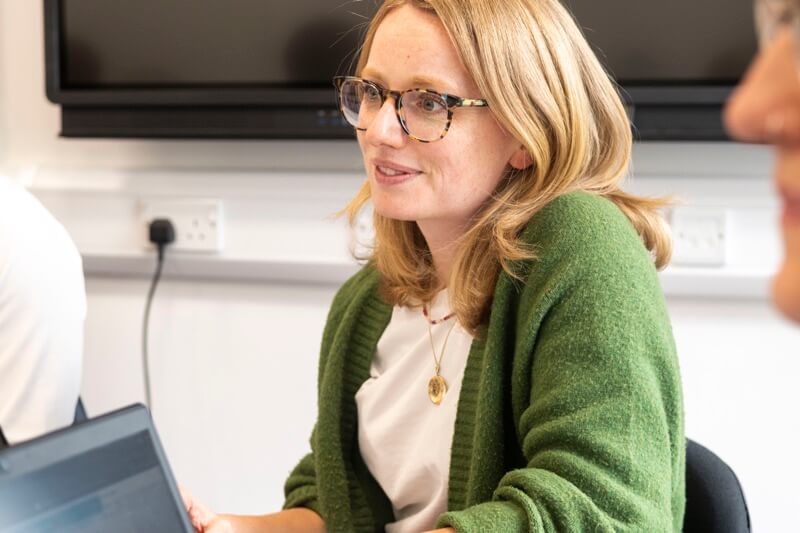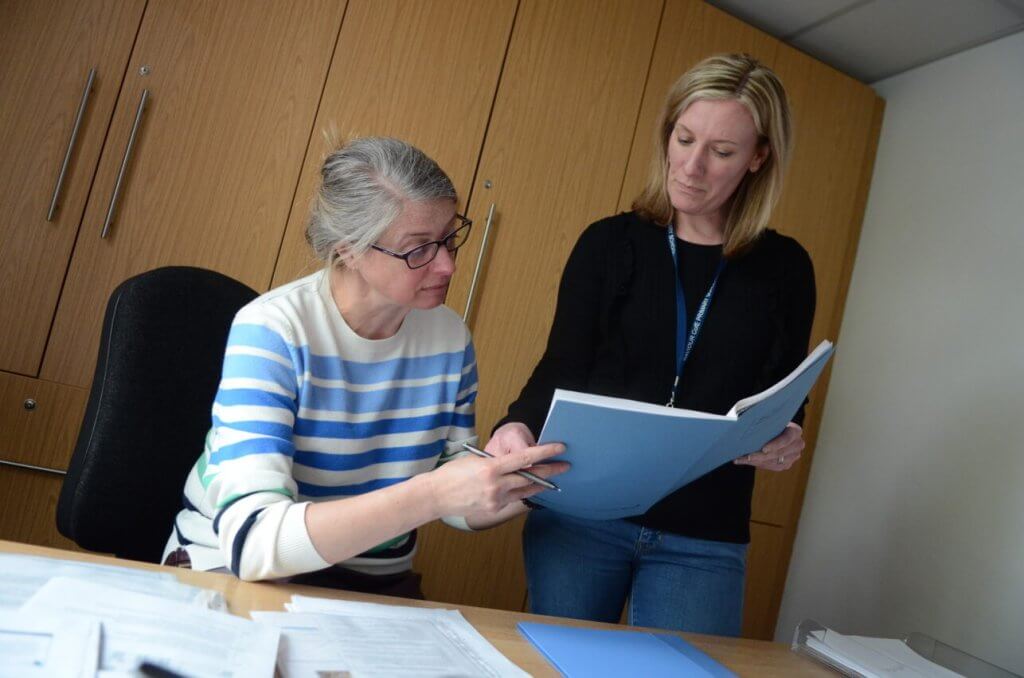One Education Governor Support has developed a programme of training, networks and CPD to meet the growing expectations of school governors and trustees to effectively fulfil their role. Read ahead to discover the key takeaways from one of our most popular training sessions, discussing everything you need to know as school governors to prepare for your next Ofsted inspection.
School governance and Ofsted: what do you need to know?
All schools and further education providers are to be inspected by summer 2025. As governors, it’s important to recognise that it is not just the quality of education that will be assessed, but also the quality of governance.
According to the Education Inspection Framework, inspectors will evaluate the extent to which governors effectively carry out their role and ensure the school has a clear vision and strategy and that resources are well-managed. Ofsted will also consider how governors hold leaders to account for the quality of education or training.
Those responsible for governance are also expected to ensure that the provider fulfils its statutory duties, for example under the Equality Act 2010, and other duties, including the ‘Prevent’ strategy and safeguarding, and promoting the welfare of learners.
Our governor training is designed to support school governors as they prepare for their next inspection and ensure they can positively contribute to the process. With this in mind, our expert-led CPD shares advice and guidance on the following areas:
- The Ofsted framework and aligned handbooks
- Changes from September 2023
- What happens in an inspection
- How inspectors judge the quality of governance
- The types of questions governors may be asked
What did we learn?
- The quality of education
The most recent Ofsted framework was introduced in 2019 with a new area of judgement: the quality of education. This is at the heart of the new framework, which means this needs to be judged good in order to achieve a positive outcome overall. In particular, there’s an increased emphasis on cognitive science, which means inspectors will focus on teachers’ understanding of learning and memory and the implications this has on their teaching. With this in mind, school governors should consider whether staff have had training on cognitive science to ensure they can understand the theory and put it into practice. Crucially, Ofsted does not want to see schools narrowing the curriculum or teaching to the test.
As school and trust governors, it’s essential you can answer the following questions about the curriculum:
- How does the school cover the requirements of the National Curriculum in this subject?
- What particular approaches or additions make the curriculum bespoke to our pupils?
- What training or guidance has been provided to both teachers and support staff to aid them in teaching their subjects?
- How does the school help teachers, and particularly non-specialists, to know what is expected at the end of a topic?
- How do your teachers plan a sequence of lessons that builds to the endpoints?
- How does the school know that children understand, remember and recall what they have been taught? How is this assessed?
In order to answer these questions, it’s important that governors are not only familiar with curriculum overviews and long-term plans, but can also see examples of unit plans. This will ensure you know what children are going to learn about, including the specific knowledge and skills they will gain and build upon throughout their school years.
As governors, you should also make sure you are aware of the pupil cohorts within your school and the particular barriers they may face, whether you have lots of pupils from disadvantaged backgrounds, or with English as a second language, or children with mental health problems, etc. Then, discover how the curriculum has been tailored to meet these children’s needs and ensure they have access to the same opportunities for learning and development as their peers.
- The quality of governance
As part of the inspection process, inspectors will meet with the governing body to gather evidence on the quality of governance. In this meeting, they will explore and evaluate how effectively governors carry out their core roles and responsibilities and hold leaders to account. The information that is gathered during the meeting will then be compared to the minutes of governing body meetings, the headteacher’s report, other documents relating to governance, as well as the school website.
There are many areas that inspectors may want to explore, including pupil performance; staff wellbeing; safeguarding and risk assessments; pressures on the school budget and the use of catch-up funding; and support that is in place for disadvantaged children and those with SEND, as well as many others. Crucially, however, governors should be able to answer the following key questions:
- How well is your school doing? How do you know?
- How balanced and effective is the school’s curriculum? Does it advance children’s knowledge and experience?
- What evidence base do you have and does it paint a full picture of your school?
- What is the quality and effectiveness of safeguarding?
- What are the key priorities for development this year? What progress is being made in achieving these priorities?
- How have governors supported the wellbeing of senior leaders and staff?
There are a number of steps you can take to ensure you can answer these questions effectively. First, it’s important to familiarise yourself with the school’s self-evaluation report (often known as the SEF), which will tell you about the quality of education in your school, as well as behaviours and attitudes, personal development, etc. Similarly, take a look at the School Development Plan so that you can talk confidently about the progress your school is making.
Remember to include quality assurance reports, or reports from a school improvement partner, within your evidence base. These will show that your judgements are not only based on what the headteacher is telling you, but come from sources outside of the school, which allow you to triangulate information.
And, of course, take the time to visit your school during the school day – this is the best way to see learning, behaviours, and attitudes in action. Not to mention the quality of safeguarding, wellbeing initiatives, and everything else that makes your school unique.
Resources to prepare for your meeting with Ofsted
The following checklist will ensure you have the resources you need to prepare for a smooth and stress-free inspection.
- The minutes and papers of meetings and the headteacher’s reports to governors
- The school self-evaluation report (SEF)
- The school development plan and other action plans with any in-year evaluation of progress
- School data on attendance, behaviour and management
- The school website
As the Education Inspection Framework highlights, governors play a key role in school leadership. One Education’s vast suite of training and support services will ensure that your governing body is up-to-date, compliant, and ready for inspection.
Book your place on our next training session to keep up with the latest changes and updates to Ofsted and discover what this might mean for your school.
Please complete the form below and we will get in contact as soon as we can to help you with your query.
















